Navigating the workforce can present unique challenges for amputees, ranging from securing reasonable accommodations to overcoming societal biases. However, the landscape is shifting towards greater inclusivity, thanks in part to robust advocacy, evolving employer attitudes, and a wealth of resources aimed at supporting amputees in their career aspirations. This article explores the array of employment and career resources available to amputees, offering guidance on how to access these supports and leverage them for career development and job satisfaction.
Understanding Your Rights in the Workplace
Before diving into the resources available, it’s crucial for amputees to understand their rights within the workplace. Laws such as the Americans with Disabilities Act (ADA) in the United States ensure that individuals with disabilities, including amputees, are protected against discrimination in employment. Similar protections exist globally, emphasizing the importance of reasonable accommodations to enable qualified individuals to perform their jobs. Familiarizing yourself with these rights is the first step toward advocating for yourself in the employment process.
Career Counseling and Coaching
Several organizations offer career counseling specifically tailored to individuals with disabilities, including amputees. These services can help you identify your strengths, explore career paths that align with your interests and capabilities, and develop strategies for addressing potential barriers. Career coaches who specialize in working with amputees and other individuals with disabilities can provide invaluable guidance on resume building, interviewing techniques, and networking strategies that highlight your abilities and potential to employers.
Job Training and Education Programs
Accessing job training and education can play a pivotal role in opening up new employment opportunities. Many vocational rehabilitation agencies offer programs designed to equip individuals with disabilities with the skills needed for in-demand jobs. These programs often include both technical training and soft skills development, ensuring participants are well-prepared for the modern workplace. Additionally, scholarships and grants are available to help cover the costs of education and training for individuals with disabilities, making it easier to pursue further education and career advancement.
Assistive Technology and Accommodations
Technological advancements have significantly leveled the playing field for amputees in the workforce. Assistive technologies can range from prosthetic devices and ergonomic tools to software applications that improve accessibility. Employers are required to provide reasonable accommodations to employees with disabilities, including the necessary assistive technologies. Organizations like the Job Accommodation Network (JAN) offer a wealth of information on workplace accommodations and assistive technologies, helping both employees and employers find effective solutions.
Networking and Support Groups
Building a strong professional network is key to career development for any individual, and this is especially true for amputees. Joining support groups and professional associations for individuals with disabilities can offer both social and professional networking opportunities. These groups can provide a platform for sharing experiences, advice, and job leads. Moreover, many industries have diversity-focused networking groups that welcome individuals with disabilities, offering another avenue for building professional connections.
Online Job Boards and Recruitment Services
Several online job boards and recruitment services specialize in connecting individuals with disabilities with inclusive employers. These platforms can be an excellent resource for finding job openings that are offered by employers who value diversity and are committed to creating inclusive workplaces. Additionally, some organizations offer recruitment services that work directly with employers looking to hire individuals with disabilities, providing another pathway to employment.
Advocacy and Legal Support
Understanding your rights is one thing, but sometimes you may need assistance in asserting those rights. Advocacy groups and legal support services can provide guidance and representation in cases where you may face discrimination or challenges in securing reasonable accommodations. These services ensure that amputees have the support they need to address any legal issues that may arise in their employment.
Tailoring Your Job Search
When seeking employment, it’s beneficial to look for companies that have a strong track record of inclusivity and support for employees with disabilities. Many organizations publicize their commitment to diversity and inclusion, which can be a good indicator of a supportive work environment. Tailoring your job search to these employers can increase your chances of finding a fulfilling and accommodating workplace.
The Power of Self-Advocacy
While there are many resources available to assist amputees in their employment journey, perhaps the most crucial tool is self-advocacy. Being able to articulate your needs, rights, and the value you bring to an organization is essential. Self-advocacy encompasses educating yourself about your rights, preparing to discuss accommodations, and being proactive in your job search and career development.
Conclusion
For amputees navigating the job market, the challenges are real, but so are the opportunities. With a growing emphasis on diversity and inclusion, employers across various industries are recognizing the value of building a workforce that reflects the diverse society we live in. By taking advantage of the employment and career resources available, advocating for your needs, and leveraging your unique strengths, you can find meaningful employment and build a rewarding career. The journey may require persistence and resilience, but the resources and support systems in place are robust and expanding, promising a brighter, more inclusive future for amputees in the workforce.



